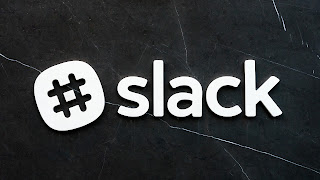Google Stadia, What Happened!?

I actually loved Google Stadia but what brought about it's demise? Google Stadia was a cloud gaming service that promised to revolutionize the gaming industry by allowing players to stream games on any device without the need for expensive hardware. However, after a disappointing launch and a series of setbacks, Google announced in February 2022 that it would shut down its internal game development studios and focus on providing its technology to other publishers and developers. What went wrong for Stadia and why did it fail to live up to its potential? One of the main reasons for Stadia's downfall was its lack of exclusive games and content. While Stadia offered some popular titles like Assassin's Creed: Odyssey, Red Dead Redemption 2, and Cyberpunk 2077, most of them were also available on other platforms, and often at lower prices or with better performance. Stadia also failed to deliver on its promise of creating original games that would showcase its unique features ...





